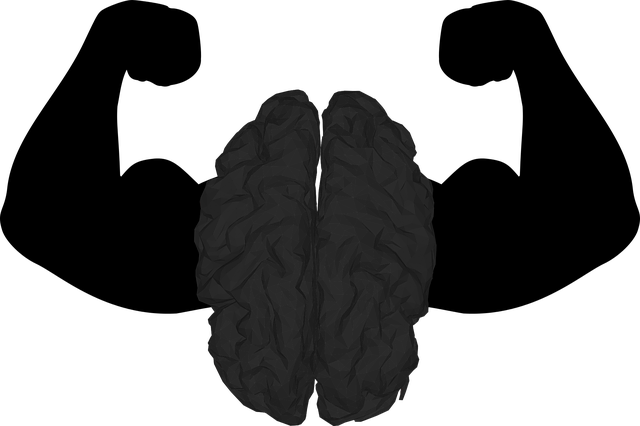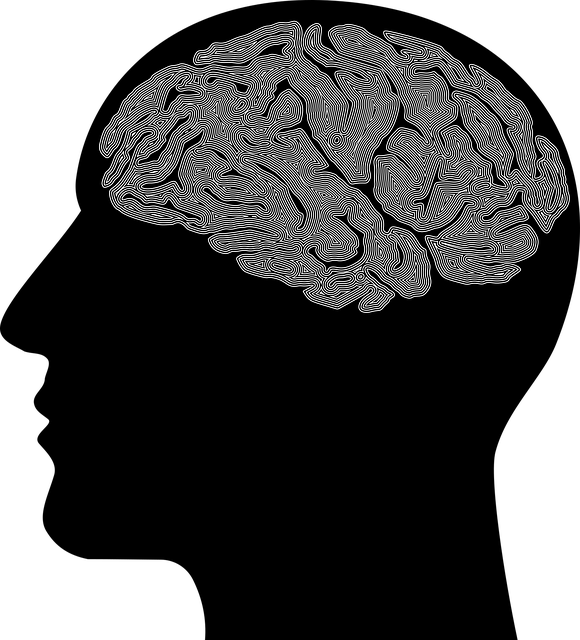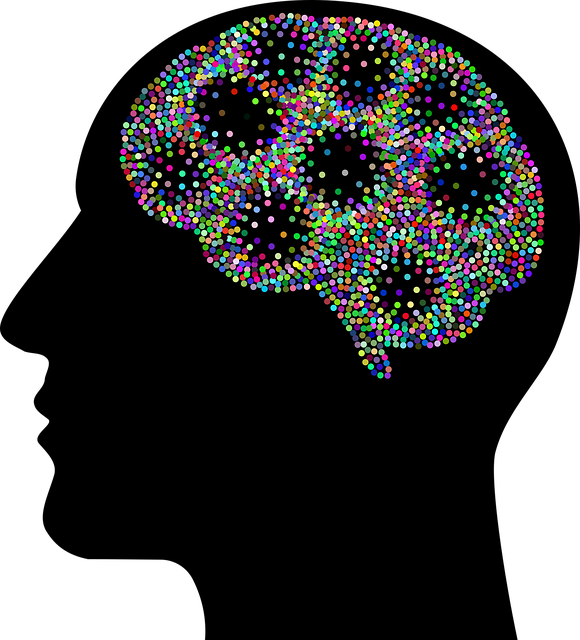Navigating mental health for teen and young adult international adoptions faces unique challenges, including cultural/linguistic barriers and past trauma. Tailored community outreach programs and mental health education are crucial. These initiatives offer self-awareness exercises, culturally sensitive therapy (individual/group counseling, art therapy), and family involvement to address unique needs. Therapists must exhibit cultural sensitivity, adapt techniques, and foster effective communication for optimal support. Self-care routines and supportive communities further enhance their ability to manage symptoms effectively.
“Mental illness diagnosis and treatment navigation can be complex, especially for adolescents adopted internationally. This article provides a comprehensive guide to understanding mental health diagnoses specific to this demographic, with a focus on therapy approaches tailored to their unique needs. We explore various therapeutic options, emphasizing the importance of personalized care. Additionally, we highlight support systems and resources crucial for effective recovery and overall well-being, offering valuable insights for parents, caregivers, and professionals navigating therapy for adolescent teens adopted internationally.”
- Understanding Mental Health Diagnoses for Teens and Young Adults Adopted Internationally
- Navigating Treatment Options: Therapy Approaches for Adolescent Mental Health
- Support Systems and Resources for Effective Recovery and Well-being
Understanding Mental Health Diagnoses for Teens and Young Adults Adopted Internationally

Navigating mental health diagnoses for teens and young adults adopted internationally presents unique challenges. These individuals often face cultural and linguistic barriers that can hinder effective communication with healthcare providers, affecting accurate diagnosis and tailored treatment plans. The process is further complicated by the potential for past trauma, acculturation stress, and the impact of their original and new environments on their mental well-being.
Community outreach programs and mental health education initiatives designed specifically for this demographic are crucial. These programs can foster self-awareness exercises that help young people understand and express their emotions, leading to earlier recognition of mental health issues. By implementing tailored interventions and integrating culturally sensitive therapy options, such as individual or group counseling, art therapy, and family involvement, we can better support the emotional well-being of adolescent teens adopted internationally, ensuring they receive appropriate care for their unique needs.
Navigating Treatment Options: Therapy Approaches for Adolescent Mental Health

Navigating treatment options for adolescent mental health involves exploring diverse therapy approaches tailored to individual needs. Therapy for adolescent teens, especially those involved in international adoptions, requires a nuanced understanding of cultural sensitivity in mental healthcare practice. Each teenager’s experience is unique, shaped by their background and personal struggles. Therefore, therapists must employ flexible strategies that bridge cultural gaps and foster effective communication.
Cultural sensitivity in mental healthcare practice involves adapting therapeutic techniques to respect diverse beliefs and values. Communication strategies, such as active listening and clear explanations, build trust and ensure adolescents feel heard and understood. Empathy building strategies play a crucial role in creating a safe space where teens can openly discuss their challenges and work towards healing. By combining these approaches, mental health professionals can provide comprehensive support for adolescent mental illness diagnosis and treatment navigation.
Support Systems and Resources for Effective Recovery and Well-being

Navigating mental illness can be a challenging journey, but strong support systems and resources play a pivotal role in facilitating recovery and promoting well-being. For adolescent teens, especially those involved in international adoptions, having a robust network of support is essential. This includes access to specialized therapy services tailored for young individuals facing unique transitional challenges. Many countries offer programs focused on helping adoptees and their families adjust, providing not only therapeutic interventions but also educational resources to foster understanding and growth.
In addition to professional therapy, cultivating a personal self-care routine development for better mental health is invaluable. Stress reduction methods, such as mindfulness practices, regular exercise, and adequate sleep, are fundamental tools in managing symptoms. Furthermore, encouraging the development of inner strength through activities like meditation or journaling can empower individuals to cope with challenges. These strategies, combined with access to supportive communities, both online and offline, create a comprehensive framework for teens to thrive and navigate their mental health journeys effectively.
Mental health diagnoses and treatment navigation for adolescent teens adopted internationally present unique challenges. Understanding specialized therapies tailored to this demographic, such as evidence-based cognitive behavioural therapy (CBT), is crucial in supporting effective recovery. Fostering strong support systems through access to cultural sensitivity training for professionals and peer groups enhances well-being. By leveraging global resources and tailoring interventions to individual needs, we can ensure better outcomes for young people navigating their mental health journeys.









